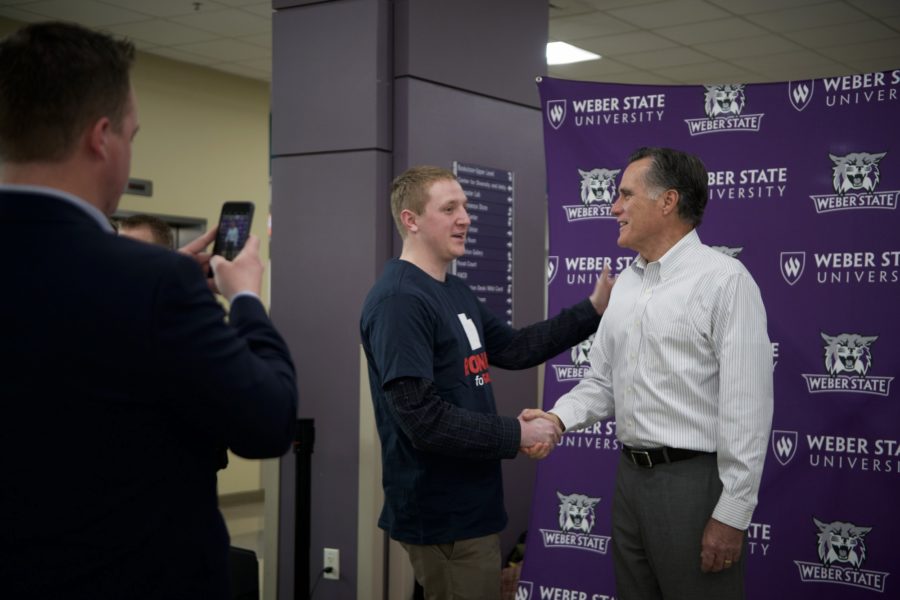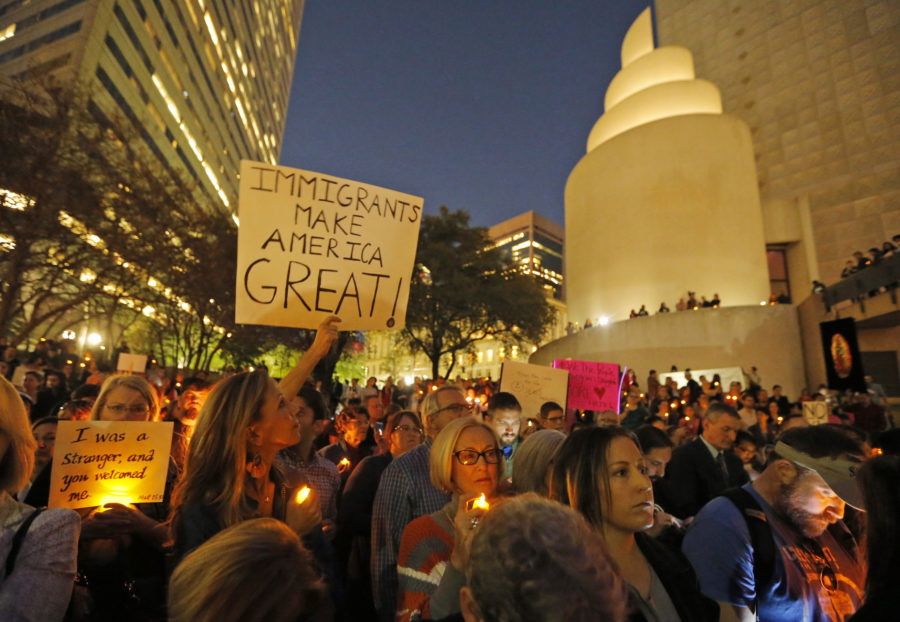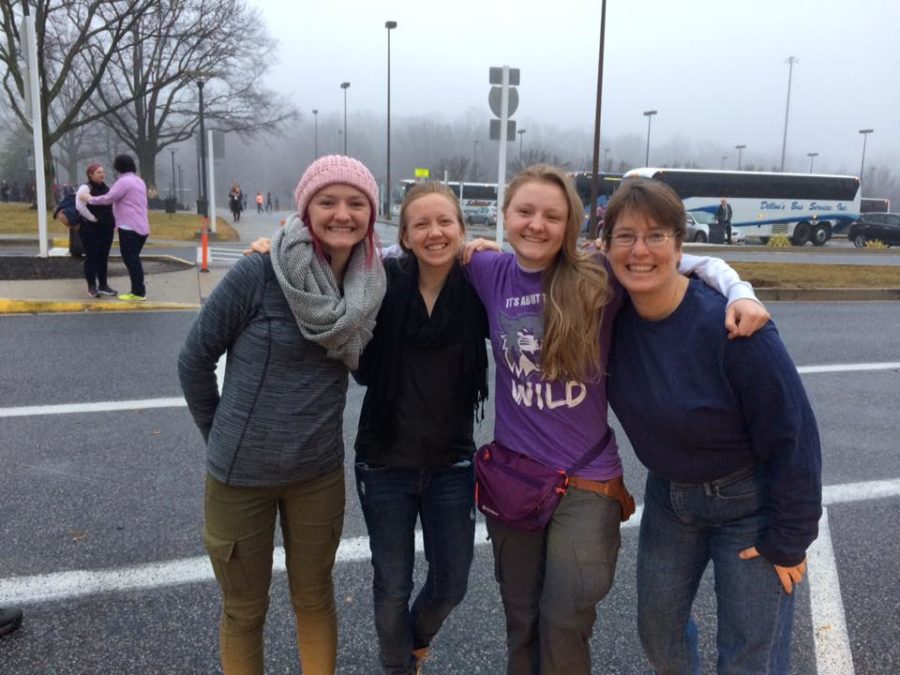Imagine educators from each of the four corners of the globe gathering in one room to discuss how to best teach and inspire others. Imagine political and economic boundaries cast aside in the name of education.
The International Society for Teacher Education makes these ideals a reality.
In May, several Weber State University faculty members attended a five-day seminar in Bhutan, where they exchanged ideals and perspectives with other educators from around the world.
Forrest Crawford, who is the assistant to the president for diversity at WSU, is also the secretary general, or presiding officer, of ISfTE.

Crawford said the members of ISfTE convene to exchange scholarly ideals about how to best train educators.
“We don’t even call it a conference; we call it a seminar,” Crawford said.
This means that some WSU staff have received training from literally all around the world. The seminar is held in a different location each year.
Peggy Saunders is the director of the Master of Education program at WSU. She said she has already been in contact with people from Japan and Bhutan since this last seminar.
“It’s probably the best professional development I’ve had as a college professor,” Saunders said.
Adrienne Gillespie, the coordinator of the Center for Diversity & Unity at WSU, said that part of WSU’s goals is to have a global presence.
“This seminar, the work that this group does, really allows Weber State to get out there in ways that we have not been able to do before,” she said.
In the past, the seminars have been held in Norway, Brazil, Scotland, South Africa, Canada and Denmark, among other nations.
Professionals receive training at these meetings and then bring them back to their home countries, which fosters global perspectives in education systems.
“In our teaching, we bring back to the classroom the perspective that many of our colleagues have about how education is developing in their countries,” Crawford said.
Colleen Garside from WSU’s department of communication said she would look out her hotel window in Bhutan to watch farmers plowing rice fields with oxen. She would also hear women singing as they harvested rice.
“It was life-changing for me, because I’ve never been in a third-world country,” Garside said. “To see the people in Bhutan and to see how happy they were about what they had and to see no commercialism — there was not a McDonald’s or a Burger King anywhere. There wasn’t a billboard. There wasn’t an advertisement that I saw. They had an AIDS awareness (program) and that was about the only thing that you saw in terms of any sort of ads. But it was amazing to me that they were able to preserve their little corner of the world from the rest of the world.”
Each year, the ISfTE seminar includes cultural experiences. In 2012, the groups visited museums and monasteries, watched an archery competition, and visited the capital city, Thimphu.
One experience the members of the group said stood out as extraordinary was a trek to Tiger’s Nest, which is a monastery built on the side of a cliff.
“It’s sort of like the land that time forgot,” Garside said.
WSU hosted this global seminar in 2009. It was the first time the members had convened in the western United States.
With more than 150 people attending, the 2012 seminar was the largest the organization’s ever had since its inception in 1981.
Maria Parrilla de Kokal, the women’s studies program coordinator at WSU, said she recognized WSU’s global presence while in Bhutan.
“It’s one of those times that I was very, very, very proud to be a Wildcat. I can’t tell you what it’s like to be a bazillion miles away and there’s faces you know . . . And then as you’re introducing yourself, people are looking at your tag and saying, ‘Oh, another Weber person! We went to your campus and we had this experience . . .'”
Gillespie, who will be serving on the site selection committee for ISfTE, said the organization’s members have asked if WSU would be willing to host again. She said this is a testament to the leadership at WSU on a global stage.
“What grows out of this is a global network of colleagues that you stay in touch with, that you exchange ideals with, that you collaborate with, and I expect this to continue on with the group that’s just returned,” Crawford said.










